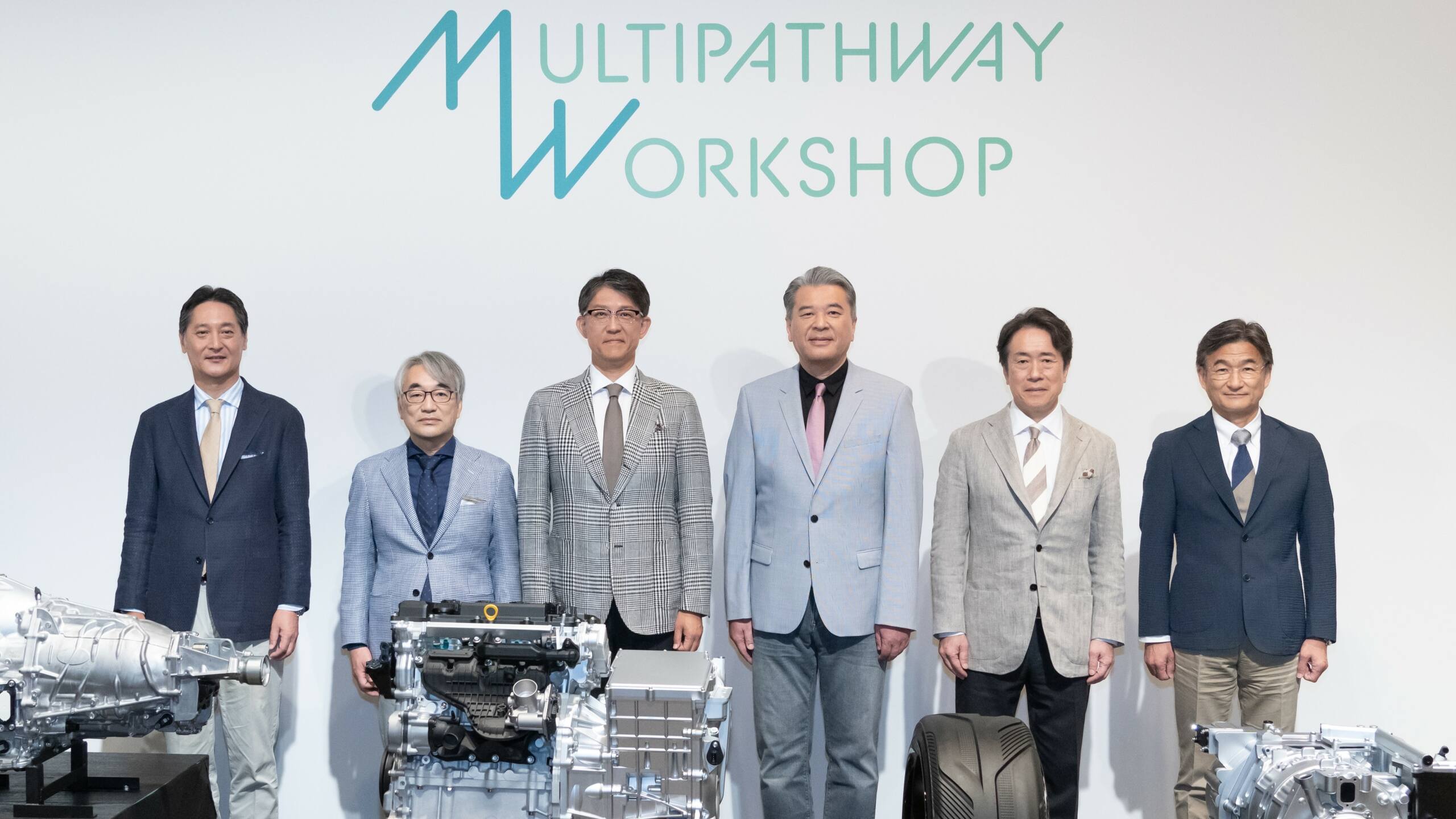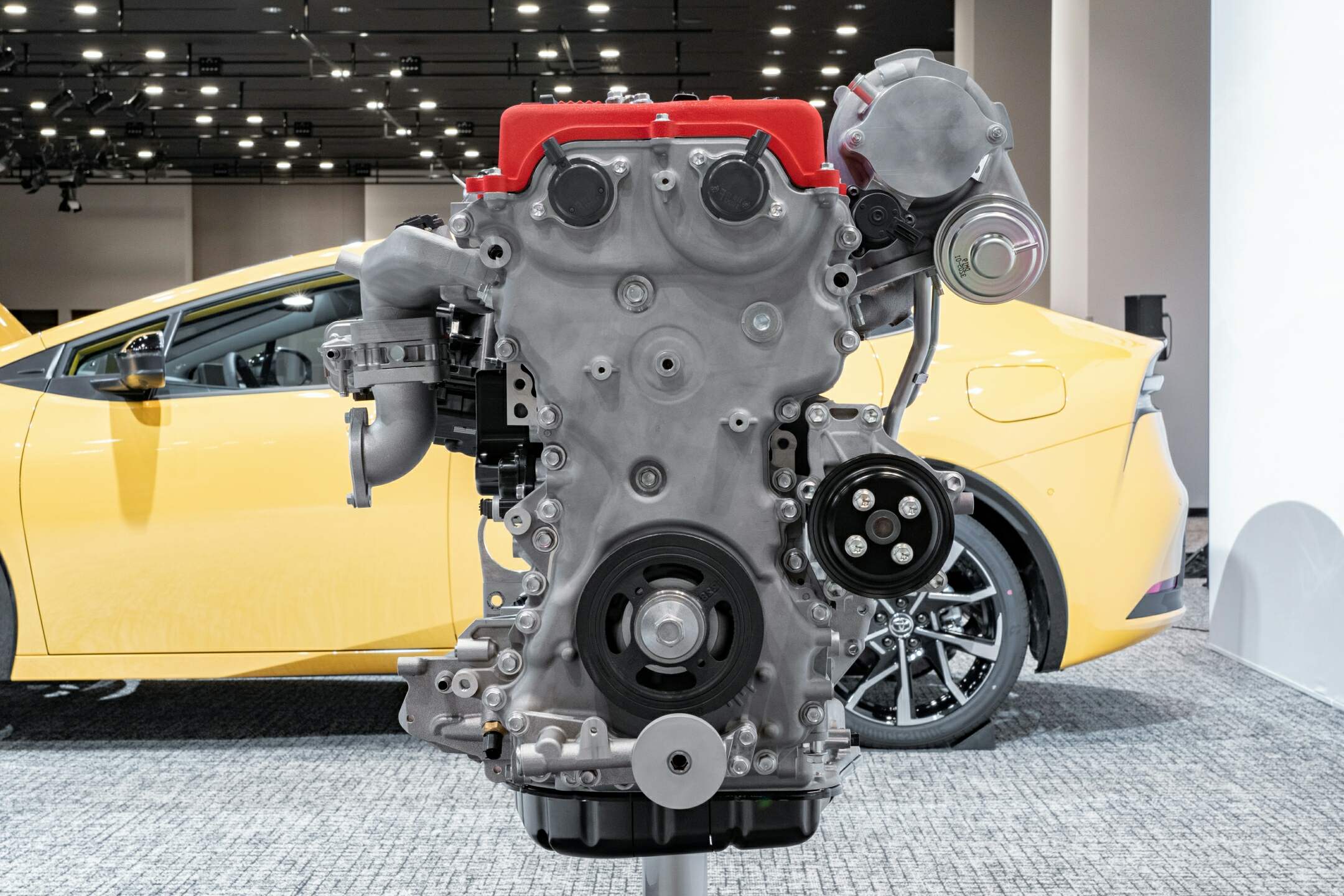Toyota, Mazda, and Subaru are lagging behind the automotive industry in terms of electric vehicle (EV) offerings. Nonetheless, these three Japanese manufacturers are jointly committed to advancing next-generation internal combustion engines.
This revelation comes from Toyota, Mazda, and Subaru’s recent declaration during a “Multipathway Workshop” that they have agreed to cooperate on future powertrain developments while maintaining individual focus on their respective engines.
Driven by a determination to combat carbon emissions, Subaru, Toyota, and Mazda are expanding choices and embracing sustainable practices to secure a greener future for supply chains and jobs reliant on engine technology.
Through their participation in high-performance racing events, the companies have explored powertrain and fuel alternatives, including liquid hydrogen and CN fuels, shedding light on the pivotal role of future engines in achieving carbon neutrality.
The forthcoming engine models from Subaru, Toyota, and Mazda are poised to increase standalone performance and enhance integration with electric drive units, leveraging the strengths of each component.
These advanced engines will deliver exceptional efficiency and power, all while paving the way for more streamlined vehicle designs with compact engine configurations. These smaller engines will enhance aerodynamics by enabling lower hood profiles, thereby improving fuel efficiency and compliance with stringent emissions regulations.
Subaru, Toyota, and Mazda are steering away from traditional fossil fuels and embracing alternative options such as e-fuel (synthetic fuel), biofuels, and liquid hydrogen in their quest for carbon neutrality.
These engines will facilitate the widespread adoption of sustainable energy sources by ensuring compatibility with various CN fuels. While each company continues to innovate with unique engine designs, they remain united in their commitment to achieving carbon neutrality through collaborative efforts and technological advancement.

Despite Subaru and Mazda lacking new hybrid models in the United States, Toyota stands out as a dominant force in hybrid technology, boasting one of the widest arrays of such powertrains. Toyota’s extensive expertise in this domain is poised to benefit its newfound partners, who are eager to exchange their insights. While the outcomes of their collaboration remain to be determined, it is evident that none of them anticipate the imminent disappearance of internal combustion engines.

